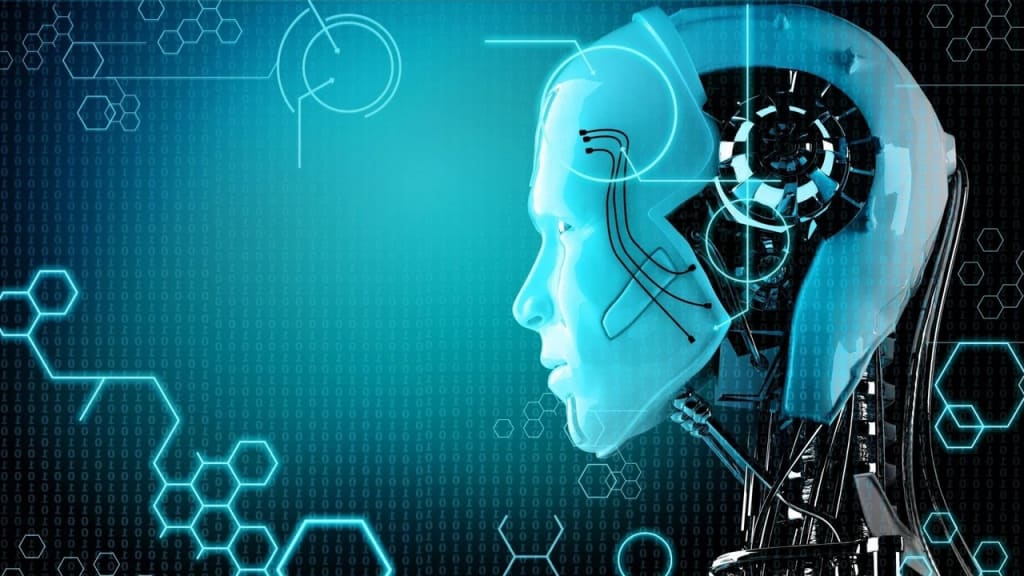"Exploring the World of Artificial Intelligence"
Understanding the Basics and Ethical Implications of AI

Artificial intelligence (AI) is a rapidly growing field that has the potential to revolutionize a wide range of industries. From self-driving cars and automated customer service systems to advanced medical diagnosis and personalized education, AI has the power to transform the way we live and work.
But what exactly is AI, and how does it work? At its most basic level, AI refers to the development of computer systems that can perform tasks that typically require human intelligence, such as understanding language, recognizing patterns, and making decisions. These tasks are typically divided into two categories: narrow or general AI.
Narrow AI, also known as weak AI, is designed to perform a specific task or set of tasks. Examples of narrow AI include virtual personal assistants like Siri and Alexa, which are programmed to respond to specific commands, and image recognition software, which can identify objects in photos.
On the other hand, general AI, also known as strong AI, is designed to perform any intellectual task that a human can. While narrow AI is limited to a specific set of tasks, general AI has the ability to learn and adapt to new situations and tasks.
There are several approaches to developing AI, including rule-based systems, decision trees, and artificial neural networks.
Rule-based systems are based on a set of predetermined rules that dictate how the AI system should respond to certain inputs. These systems are relatively simple and can be effective for tasks that involve a limited set of options. However, they are not very flexible and are not well-suited for tasks that require more complex decision-making.
Decision trees are a type of AI that uses a branching structure to make decisions. The AI system begins by evaluating the available options and then selects the one that is most likely to lead to the desired outcome. This approach is often used in medical diagnosis and credit approval processes.
Artificial neural networks are a type of AI that is modeled after the structure of the human brain. These networks are made up of interconnected "neurons" that can process and transmit information. Neural networks are particularly effective at tasks that involve pattern recognition, such as image and speech recognition.
One of the key benefits of AI is its ability to process and analyze large amounts of data quickly and accurately. This can help businesses and organizations make more informed decisions, improve efficiency, and save time and resources.
For example, AI can be used to analyze customer data to identify patterns and trends, which can help businesses improve their marketing and sales strategies. In the healthcare industry, AI can be used to analyze medical records and identify potential health risks or treatment options.
However, the development and use of AI also raises ethical concerns. One of the key concerns is the potential for AI to replace human jobs, leading to widespread unemployment. There are also concerns about the potential for AI to be used for malicious purposes, such as spreading misinformation or committing cybercrimes.
To address these concerns, it is important for AI developers and users to consider the ethical implications of their work and to ensure that appropriate safeguards are in place.
In conclusion, AI has the potential to transform a wide range of industries and improve our daily lives. However, it is important to carefully consider the ethical implications of AI and to ensure that appropriate safeguards are in place to protect against potential negative consequences. As AI continues to evolve and become more prevalent in our lives, it will be important to carefully balance the benefits and risks to ensure a positive future for all.
About the Creator
Syed Abdul Moiz Bukhari
SAMB is a 16-year-old web designer, article writer, and O level student with a passion for creativity and technology. He is dedicated to building his skills and experience, and is eager to continue growing!
Enjoyed the story? Support the Creator.
Subscribe for free to receive all their stories in your feed. You could also pledge your support or give them a one-off tip, letting them know you appreciate their work.






Comments
There are no comments for this story
Be the first to respond and start the conversation.